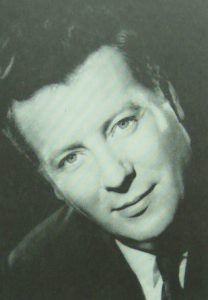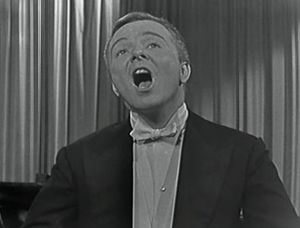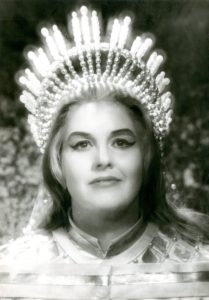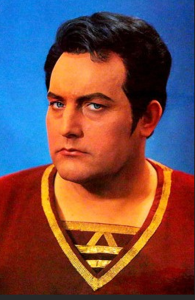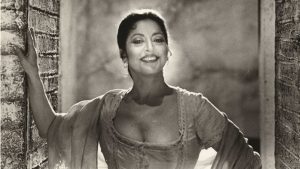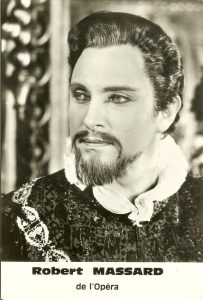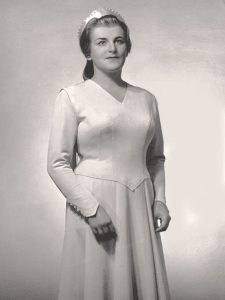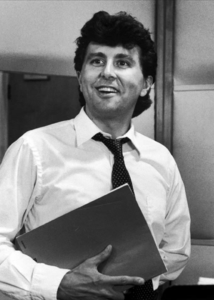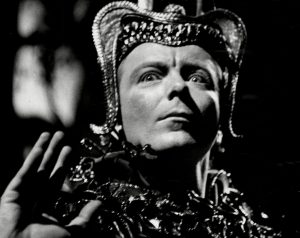Podcast: Play in new window | Download (Duration: 1:37:37 — 101.2MB) | Embed
Subscribe: Spotify | TuneIn | RSS | More
So many great singing artists lost to the world of late! Almost a month ago now, the great Welsh tenor Stuart Burrows (07 February 1933 – 29 June 2025) left this mortal coil at the age of 92. Burrows was an artist of extraordinary technique, elegance, and sincerity and it has been an honor and a delight to put together this episode which celebrates his career. Because he was a favorite partner of so many exceptional divas, I decided to focus this episode on Burrows singing duets with some of the most important divas of his era. Included in the episode are Beverly Sills, Gundula Janowitz, Joan Sutherland, Renata Scotto, Leontyne Price, Nelly Miricioiu, Gwendolyn Killebrew, Margaret Price, and Reri Grist, singing Mozart, Massenet, Offenbach, Gounod, Berlioz, Donizetti, Bellini, Verdi, and even some Puccini. “The boys” are represented by José van Dam and Countermelody favorite Donald Gramm. In the late 1970s and 1980s, Burrows was a popular television star in the UK, starring in the eponymous BBC2 series, Stuart Burrows Sings. The episode also features two snippets from that show, one a duet with the beautiful lyric mezzo Diana Montague (whose husband tenor David Rendall died earlier this week). The episode begins with a tribute to the beloved Welsh pop contralto Iris Williams, who died on July 11 at the age of 79.
Countermelody is a podcast devoted to the glory and the power of the human voice raised in song. Singer and vocal aficionado Daniel Gundlach explores great singers of the past and present focusing in particular on those who are less well-remembered today than they should be. Daniel’s lifetime in music as a professional countertenor, pianist, vocal coach, voice teacher, and journalist yields an exciting array of anecdotes, impressions, and “inside stories.” At Countermelody’s core is the celebration of great singers of all stripes, their instruments, and the connection they make to the words they sing. By clicking on the following link (https://linktr.ee/CountermelodyPodcast) you can find the dedicated Countermelody website which contains additional content including artist photos and episode setlists. The link will also take you to Countermelody’s Patreon page, where you can pledge your monthly or yearly support at whatever level you can afford.
